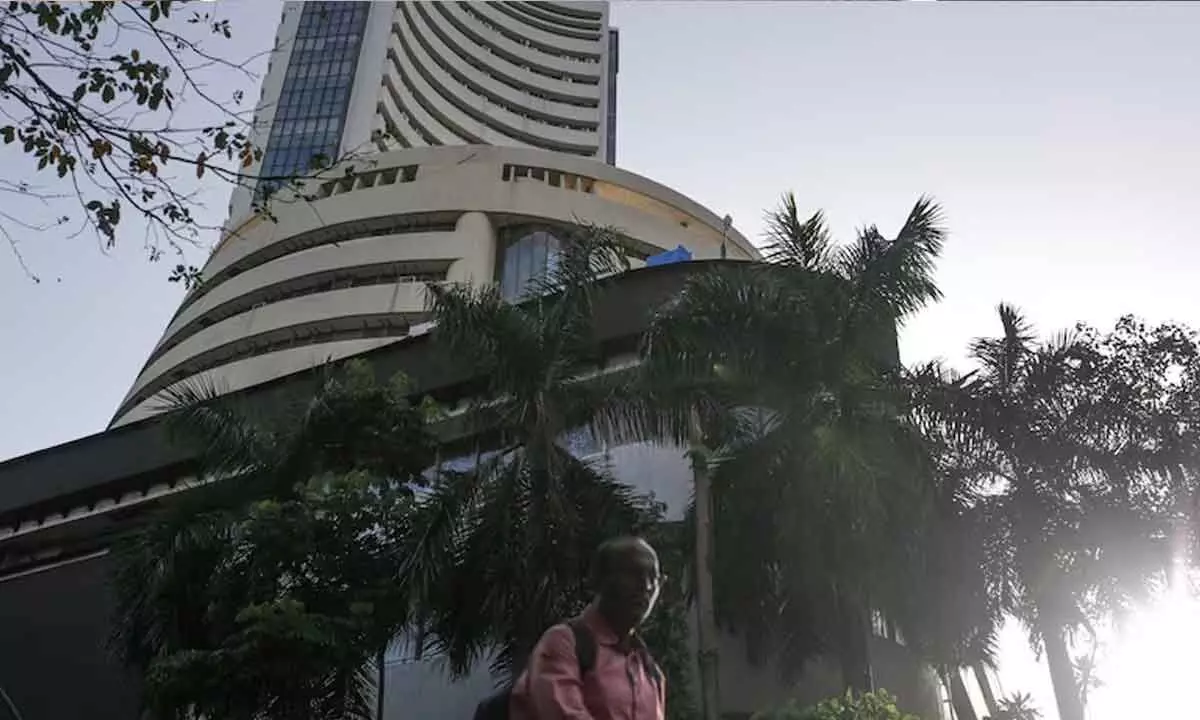Caution alert in overstretched mkt amid global uncertainty

Fear of possible recession in some major economies and geopolitical escalations in Middle East building pressure on domestic market
Spooked by the weakness in global markets, the domestic stock market snapped eight-week winning streak after Friday’s (August 2) correction erased the weekly gains. It is pertinent to observe that during the week ended, the benchmarks recorded a fresh all-time high after the US Fed indicated possible rate cut at the September meeting due to easing inflationary pressures. In terms of the market value, Tata Consultancy Services (TCS) lost the most, followed by Infosys, Mahindra & Mahindra and ITC.
On the other hand, HDFC Bank, NTPC and Asian Paints added the most of their market-cap. In the week ahead, the RBI is expected to maintain the current benchmark interest rate during its upcoming Monetary Policy Committee (MPC) meeting on August 8. Since the Repo rate was last increased to 6.5 per cent in February 2023, it has remained unchanged in the subsequent eight bi-monthly meetings. If the RBI decides to keep rates steady again, it will mark the ninth consecutive time the benchmark rate remains unchanged. The RBI faces the challenge of deciding on interest rates amid ongoing inflation concerns, particularly food inflation. Retail inflation increased to 5.08 per cent year-on-year in June, up from a 12-month low of 4.75 per cent in May. GST collections were ₹1.82 trillion in July, marking a 10.3 per cent year-on-year increase. A potential stagnant or decline in collections during August (compared to July) is anticipated due to the monsoon season’s impact on overall economic momentum. In the back drop of fear of possible recession in some major economies and geopolitical escalations in Middle East dragged indices from record levels. Turbulent global economy and financial markets is not good news for the Indian market. With markets at peak valuations, when risks abound, caution should be the watchword.
It’s very difficult to predict when the next recession or stock market crash will come, so many of the best investors don’t even try. Instead, look for good companies with the strength to make it through the occasional challenging economic environment.
(The author is a senior maket analyst and former vice- chairman, Andhra Pradesh State Planning Board)

